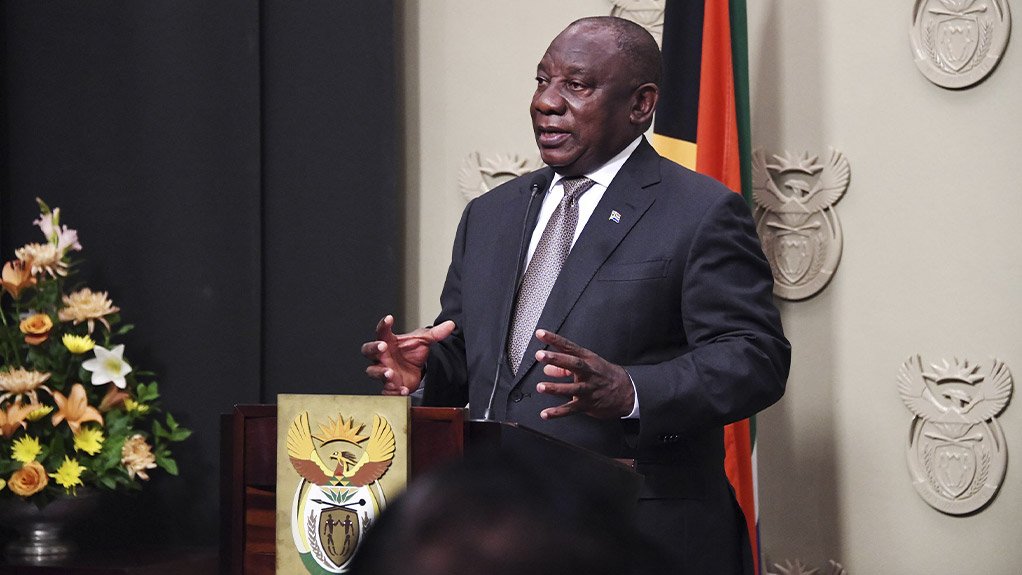President Cyril Ramaphosa said on Monday that broadening access to agricultural land for commercial production and subsistence farming is a national priority for government.
In his weekly address to the nation, the President said that although more black South Africans had received land during the post-1994 land reform process, the effects of the 1913 Natives Land Act continued to be seen in patterns of farmland ownership.
He warned that the monopolisation was not only a hinderance to a more equal society but that it could also lead to social unrest.
Ramaphosa said the pace of land reform among the rural poor had been slow and unsatisfactory and added that transforming patterns of agricultural land ownership was crucial to address the historical injustices of the past and to safeguard the country’s food security.
“As noted in the 2019 report of the Presidential Advisory Panel on Land Reform and Agriculture, ‘whilst we export food, back home 41% of people in rural areas and 59.4% in urban areas have severely inadequate access to food’. Agrarian reform has been a priority of successive administrations since democracy. Between 1994 and March 2018 the state has delivered 8.4-million hectares of land to previously disadvantaged individuals under the land reform programme. But this progress amounts to less than 10% of all commercial farmland,” Ramaphosa revealed.
He reiterated that government would soon release State-owned agricultural land for farming to balance social justice and redress and enhance agricultural output by bringing more black farmers into the mainstream of the economy.
Last week, government announced that 700 000 ha of underutilised or vacant State land will be available for public leasing in seven provinces.
State land leased for farming will not be transferrable. Beneficiaries will sign a lease agreement with the State and pay a rental fee consistent with the land value.
Beneficiaries will also be trained in financial management and enterprise development with a priority on women, youth and persons with disabilities.
“Broadening access to land and opportunities for farming will support job creation and enterprise development, and improve the market for food, agricultural goods and services. The ultimate goal of releasing these land parcels is to transform the agricultural landscape by growing a new generation of farmers. Leasing land under such favourable conditions must spur them to think big; to not just grow their own businesses but to advance shared wealth and prosperity in the communities in which they farm,” Ramaphosa said.
EMAIL THIS ARTICLE SAVE THIS ARTICLE ARTICLE ENQUIRY
To subscribe email subscriptions@creamermedia.co.za or click here
To advertise email advertising@creamermedia.co.za or click here











